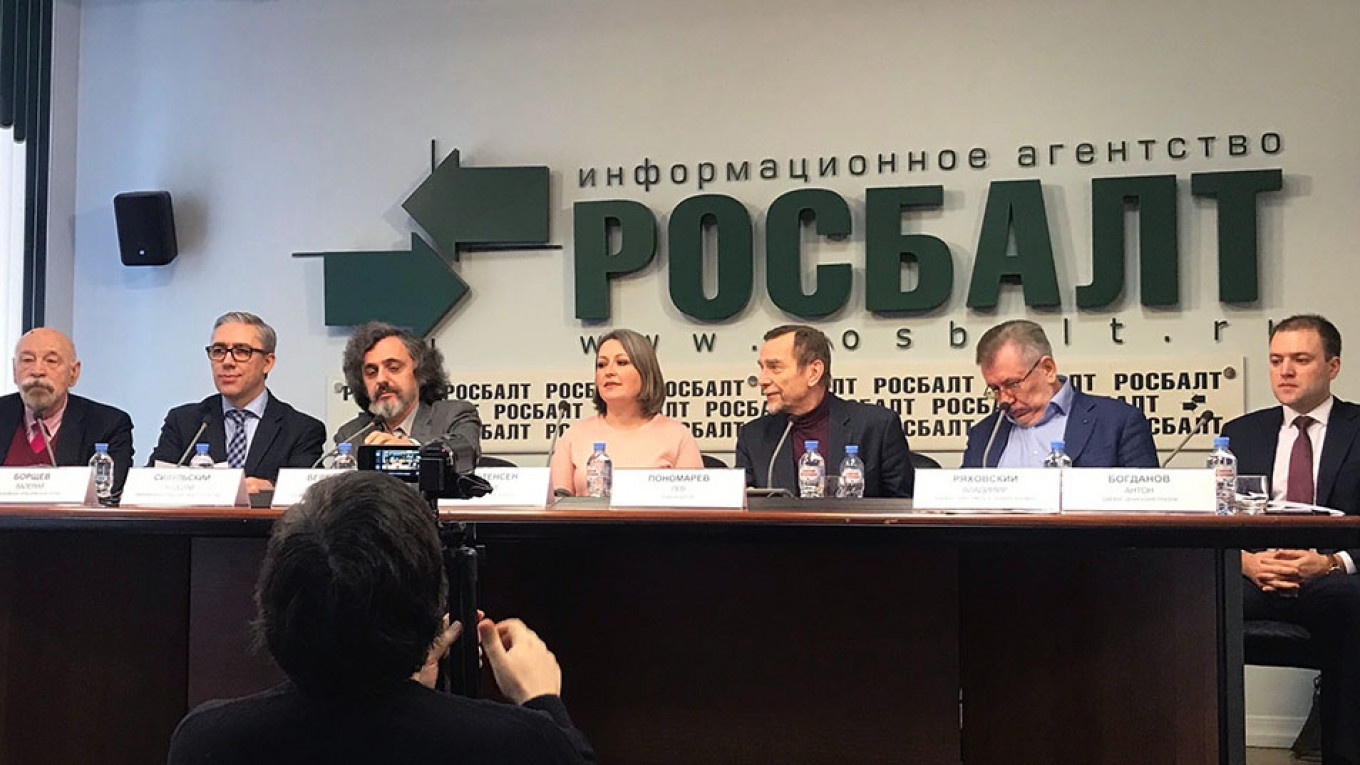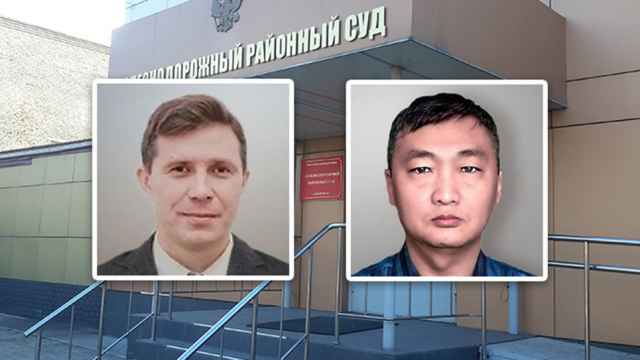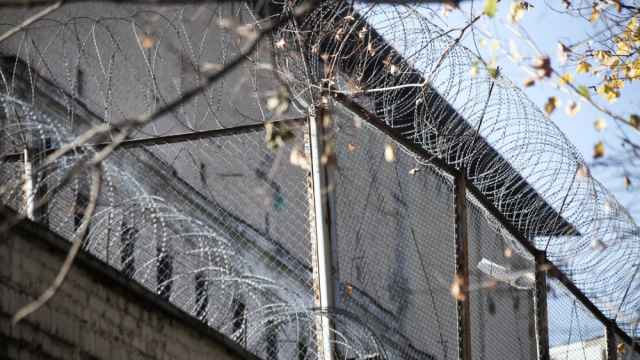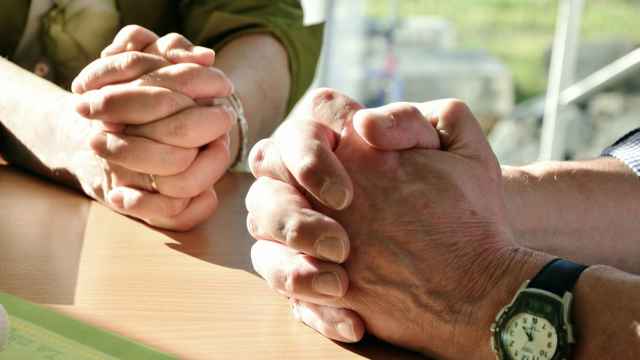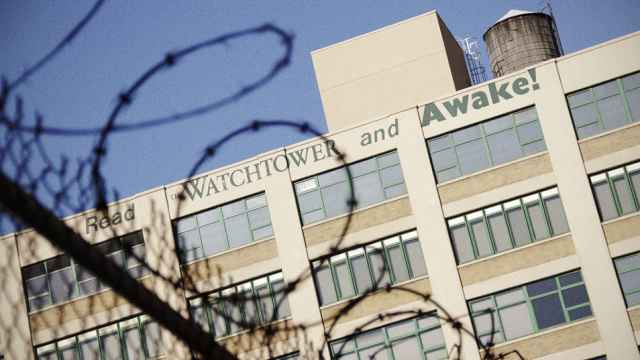Two days after a Russian court sentenced a Jehovah’s Witness to six years in jail, human rights activists have warned the case will trigger a crackdown on other religious minorities.
On Wednesday, Dennis Christensen became the first Jehovah’s Witness convicted for extremism after Russia’s Supreme Court blacklisted the religious group in April 2017.
"This is a precedent that will give [the authorities] a push for the other cases being heard and for them to go after other religious groups," Valery Borshchev of the Moscow Helsinki Group said Friday at a press conference in Moscow in support of Christensen.
"We will see a wave that will target not only Jehovah’s Witnesses after this," he added.
President Vladimir Putin last December called the labeling of religious groups as extremist “complete nonsense." Meanwhile, the persecution of the Jehovah’s Witnesses group has continued.
At the press conference on Friday, Alexander Verkhovsky, the head of the Moscow-based SOVA Center which tracks extremism, noted that six additional Jehovah’s Witnesses had been charged with extremism since Putin made the comments.
“[Christensen] was convicted for his faith,” Yaroslav Sivulsky, a representative of the European Association of Jehovah’s Witnesses, said.
Sivulsky added that there are 24 Witnesses currently in jail awaiting trial in Russia. Another 5,000 people have fled the country for fear of persecution, he said.
Human rights activist Lev Ponomaryov, who was sentenced to 25 days in prison over a Facebook post in December, said at the conference that Russia was in a state of human rights “chaos.”
“Putin wants an authoritarian regime,” he said. “But who is listening to him?”
A Message from The Moscow Times:
Dear readers,
We are facing unprecedented challenges. Russia's Prosecutor General's Office has designated The Moscow Times as an "undesirable" organization, criminalizing our work and putting our staff at risk of prosecution. This follows our earlier unjust labeling as a "foreign agent."
These actions are direct attempts to silence independent journalism in Russia. The authorities claim our work "discredits the decisions of the Russian leadership." We see things differently: we strive to provide accurate, unbiased reporting on Russia.
We, the journalists of The Moscow Times, refuse to be silenced. But to continue our work, we need your help.
Your support, no matter how small, makes a world of difference. If you can, please support us monthly starting from just $2. It's quick to set up, and every contribution makes a significant impact.
By supporting The Moscow Times, you're defending open, independent journalism in the face of repression. Thank you for standing with us.
Remind me later.


